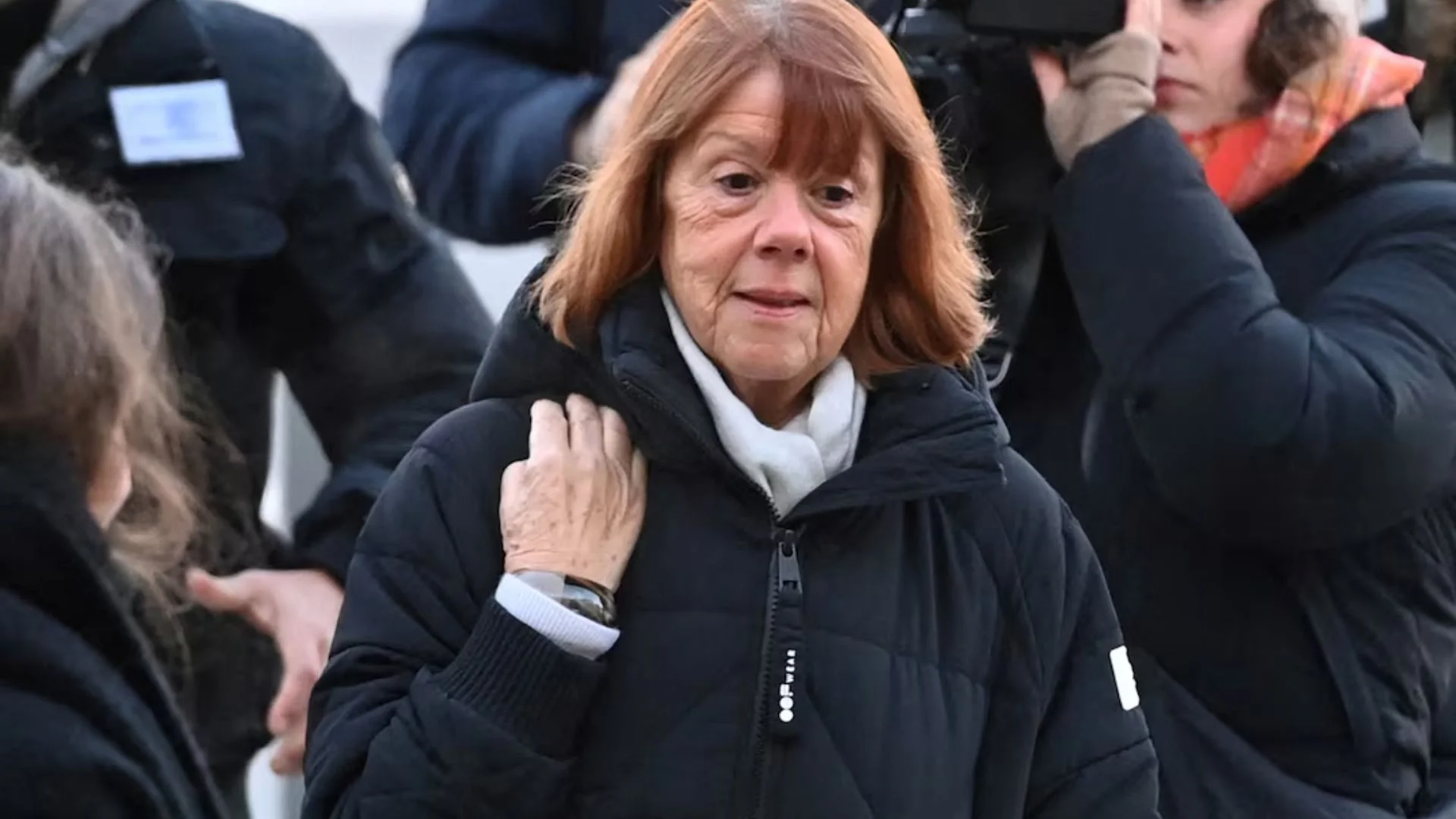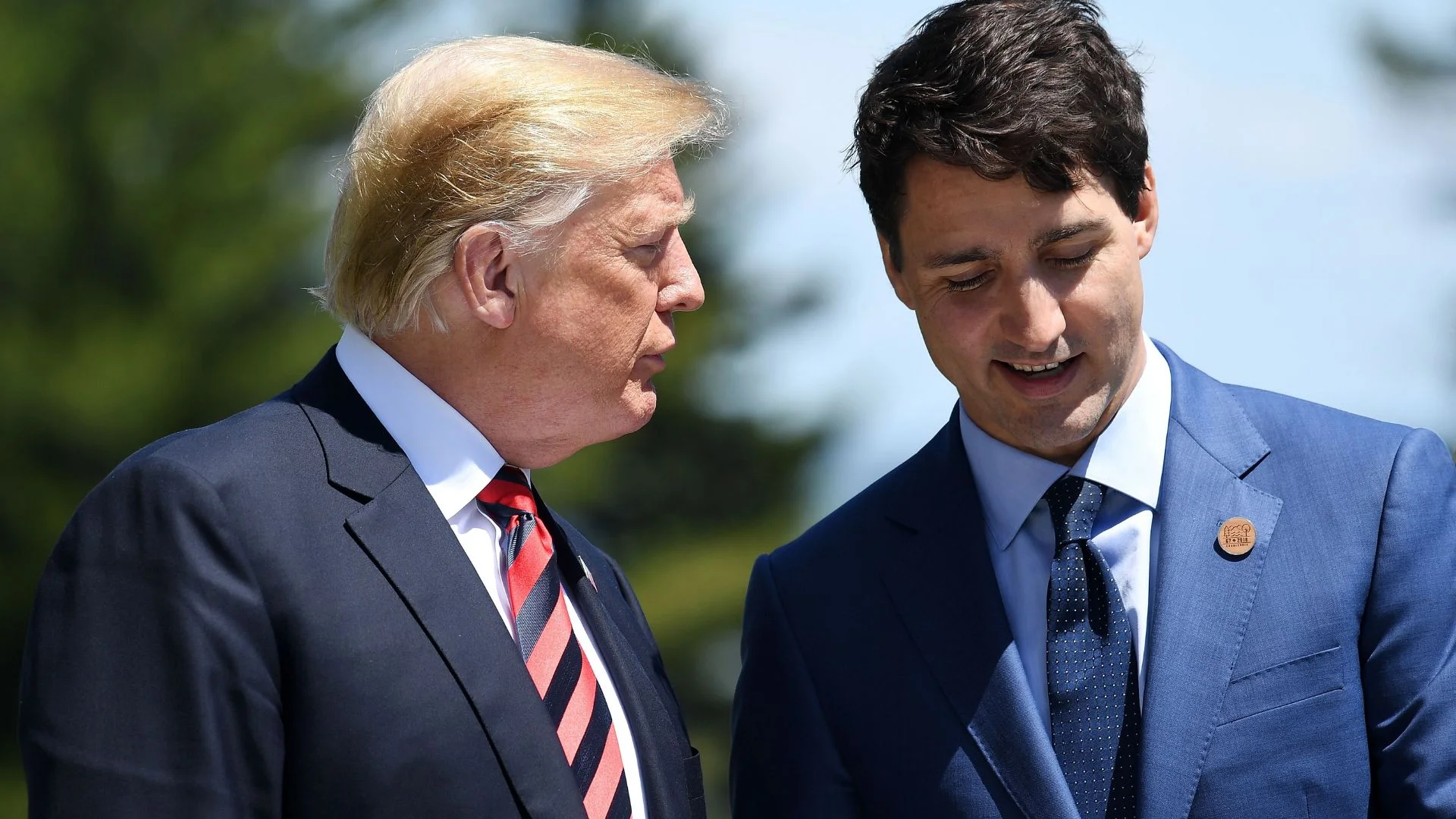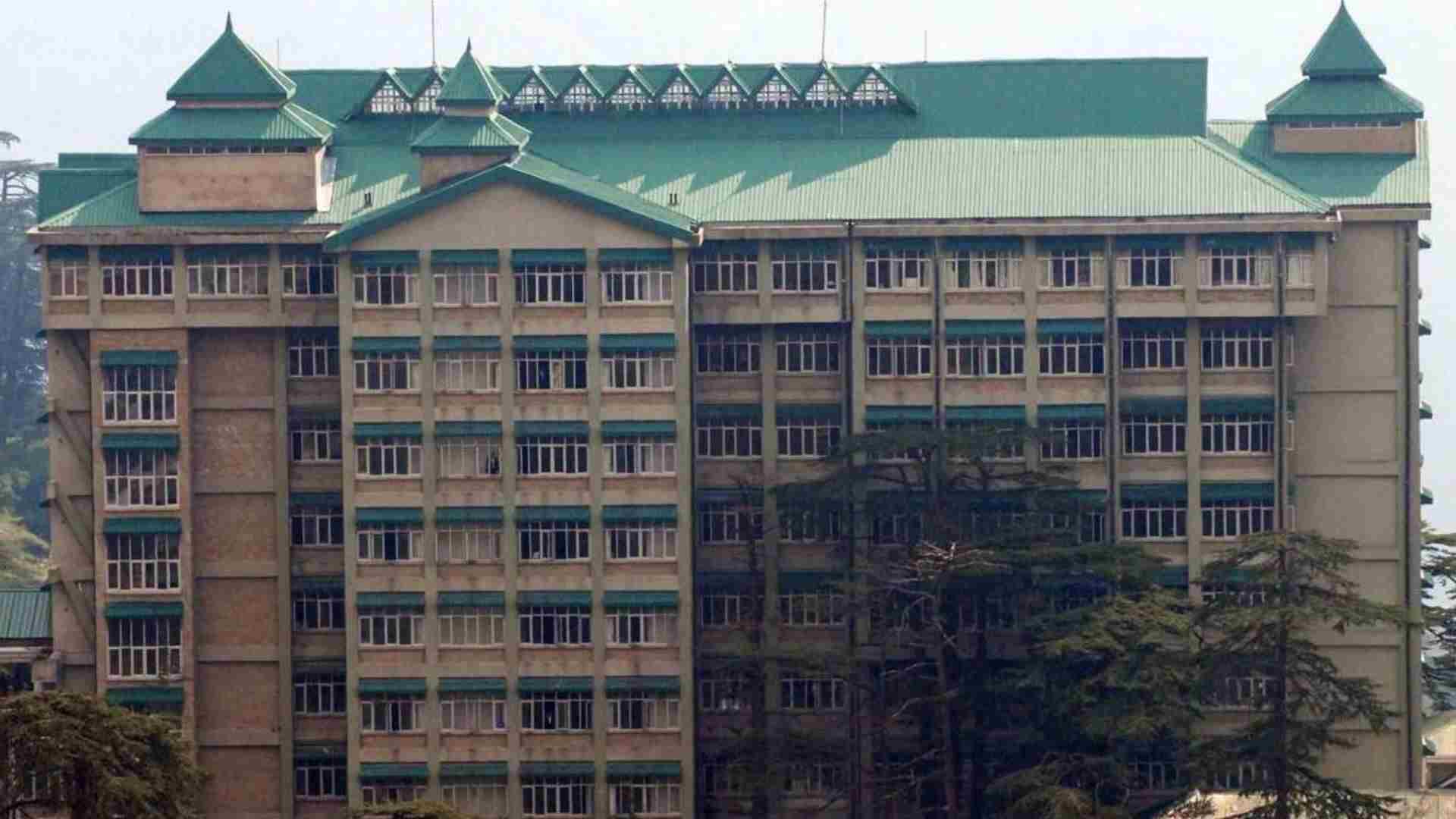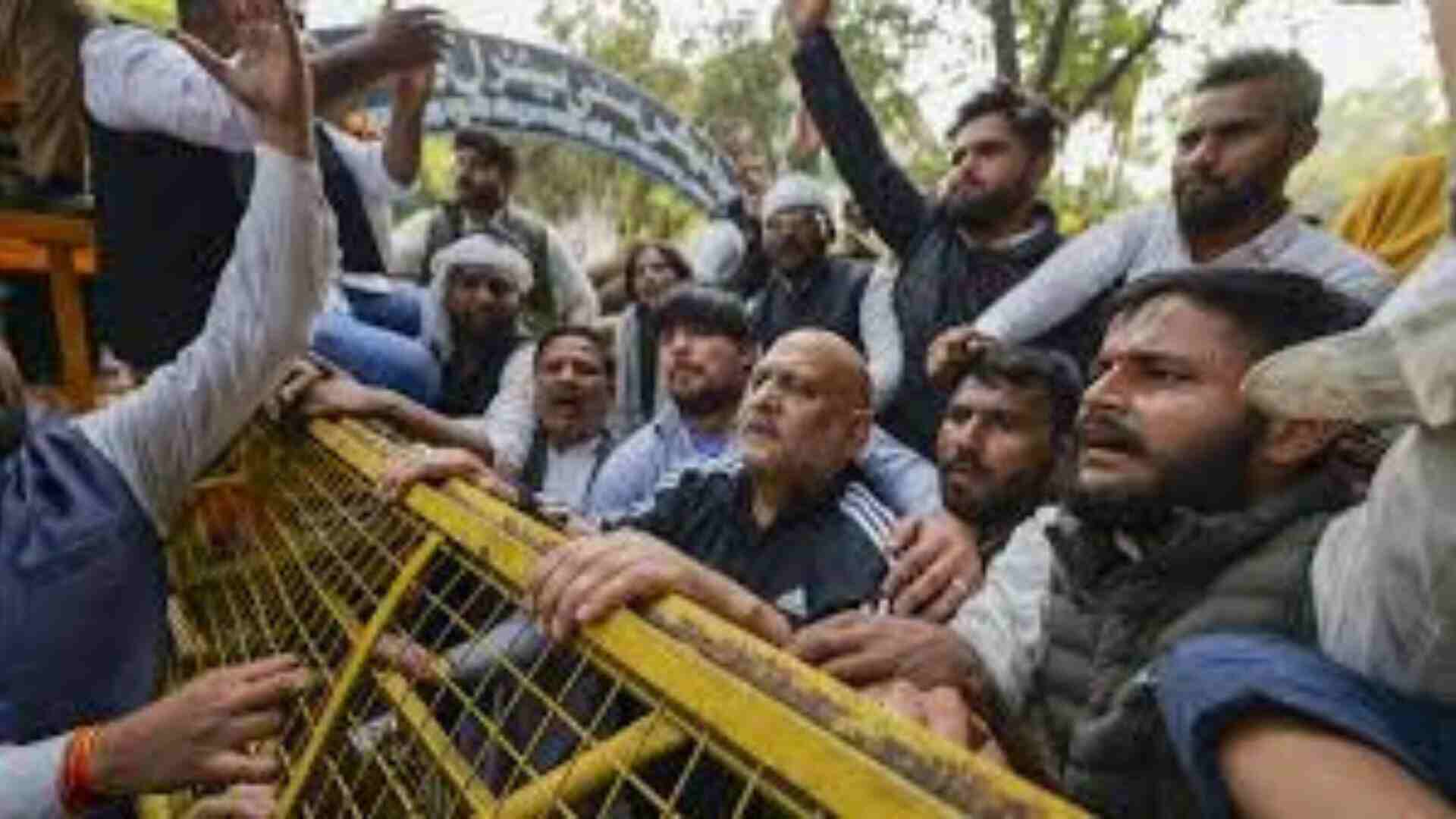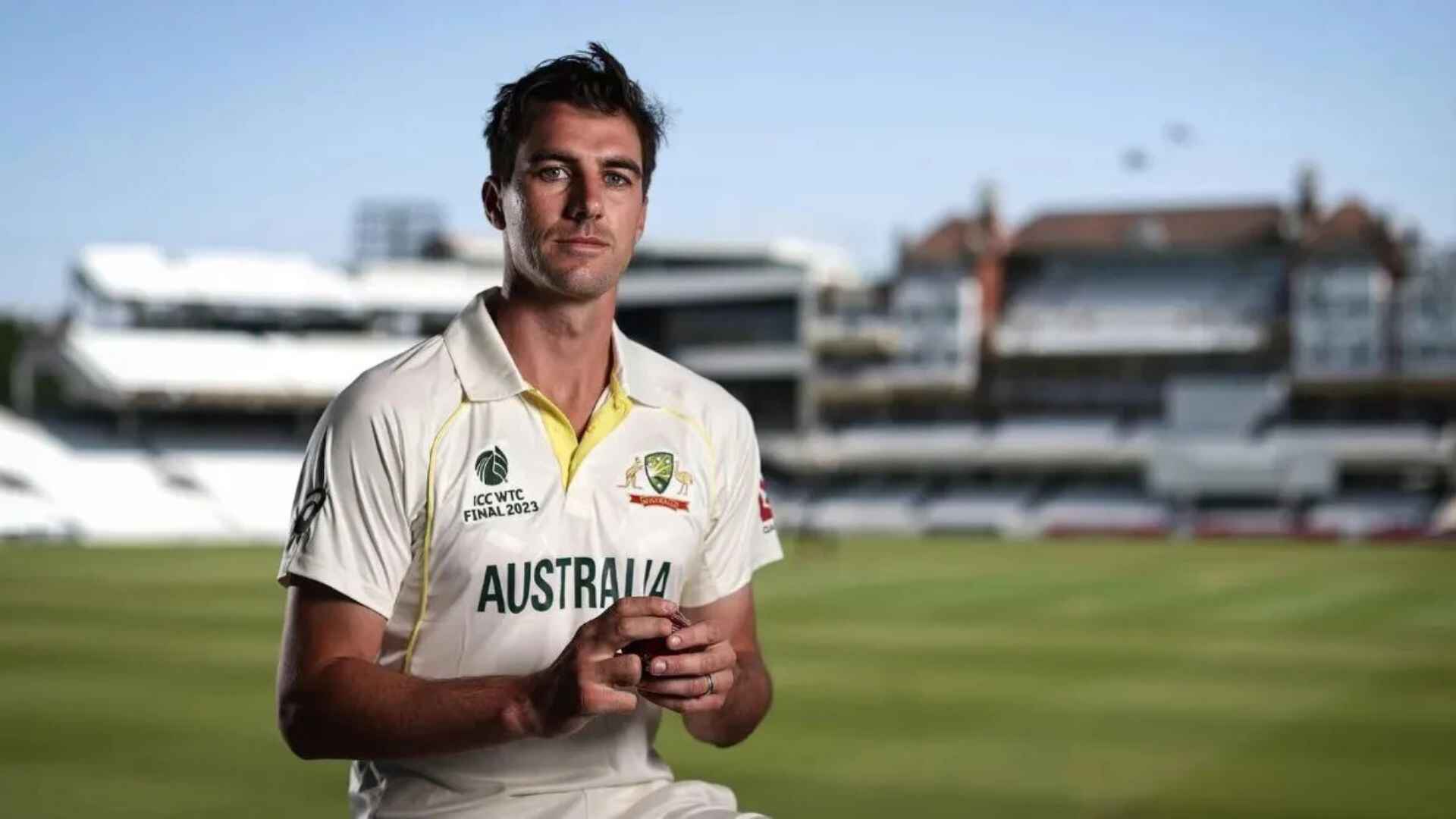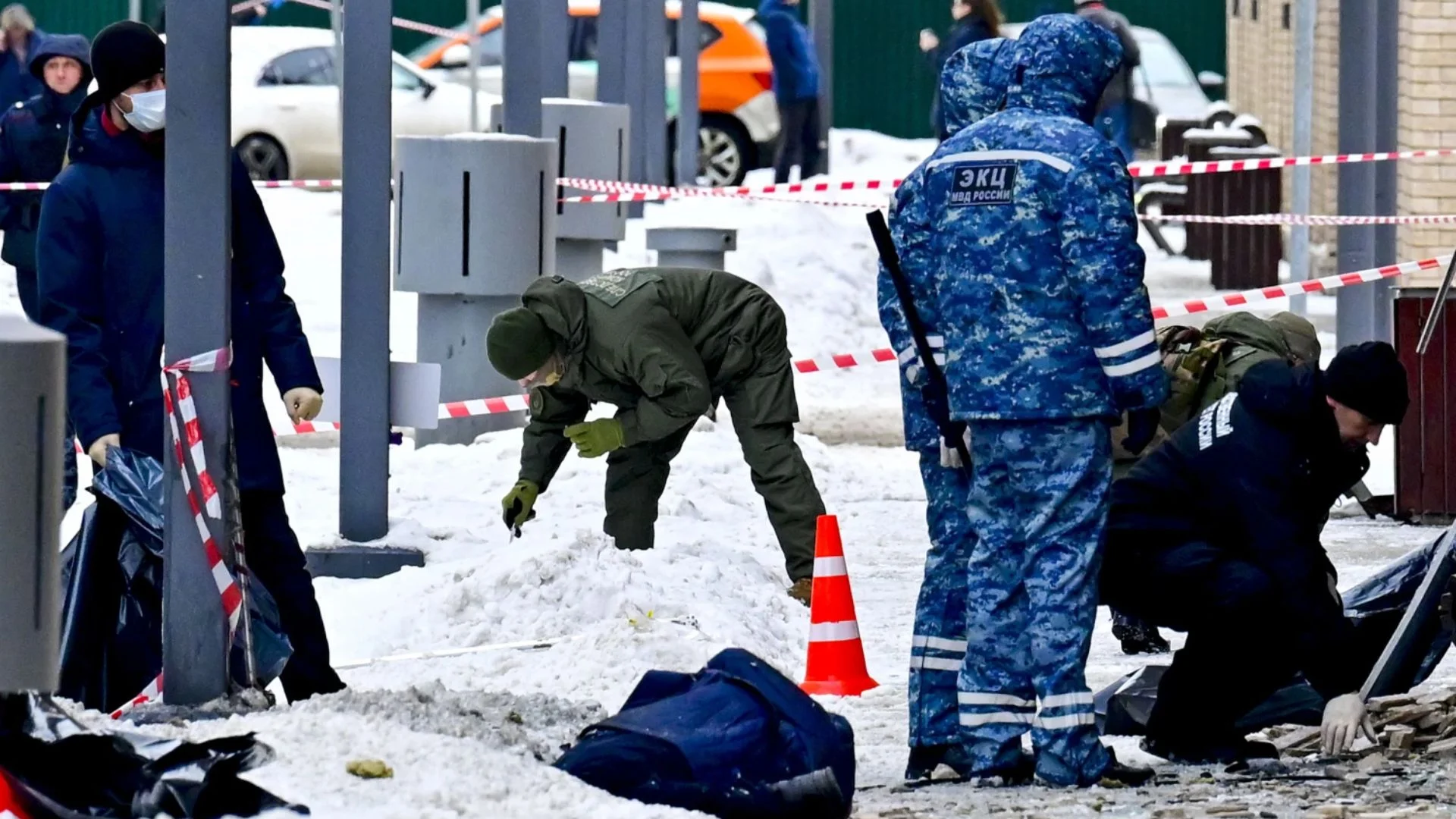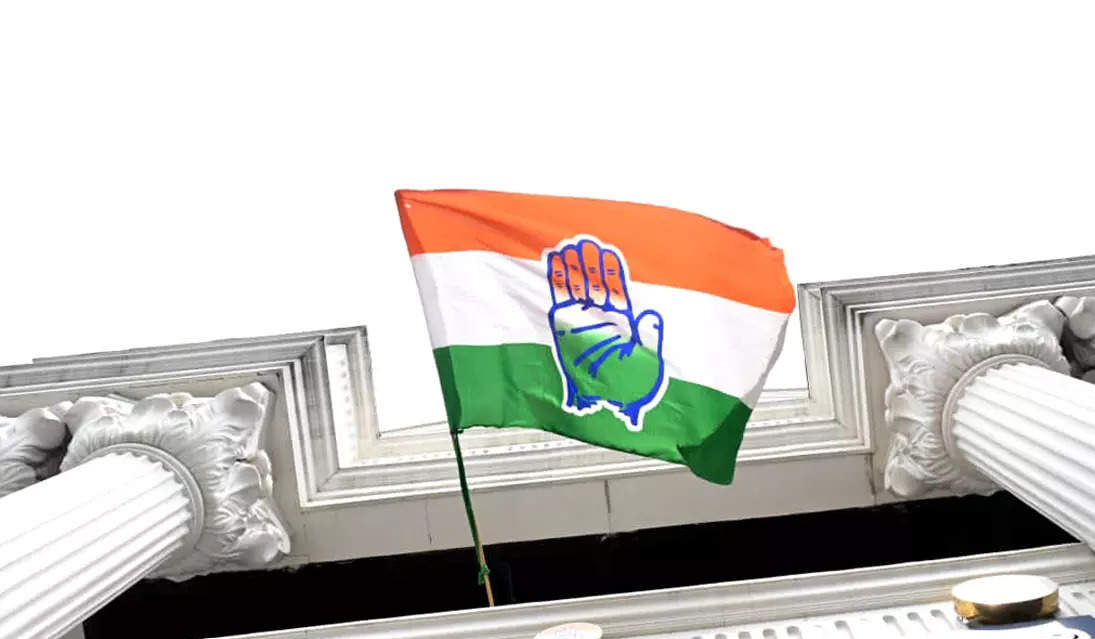
CHANDIGARH
Attempts by the central leadership of the Congress party to revamp its faltering organisation in Haryana have sparked protests and deepened factional divides among the state’s party workers. Deepak Babaria, the recently appointed party in-charge for Haryana, is facing stiff resistance from local workers who have raised slogans like “Observer go back” in objection to his reforms.
A House Divided
Tensions reached a fever pitch when Rajya Sabha MP Randeep Surjewala, along with leaders Kumari Shailaja and Kiran Chaudhary, met with the central leadership in Delhi to express their displeasure over the unfolding situation. They accused Babaria of appointing external in-charges in the districts who are allegedly overlooking dedicated Congress workers, thereby stoking resentment.
Former Haryana Chief Minister Bhupinder Singh Hooda is also embroiled in the turmoil, as his camp openly conflicts with the anti-Hooda faction led by Surjewala, Shailaja, and Chaudhary. The situation has exacerbated to the point that workers from these rival factions have been openly squabbling in front of party observers and coordinators.
Root Cause: Factionalism Since 2014
The Congress has struggled to establish a cohesive organisation in Haryana since 2014. The state has witnessed frequent changes in leadership, with two previous in-charges stepping down since the tenure of Ghulam Nabi Azad. Hooda’s influence appears pervasive, as reflected in the appointment of State President Chaudhary Udaybhan, seen as a Hooda ally.
Central Leadership Steps In
In response to the unrest, Babaria has warned both factions that a lack of balance, coordination, and consensus would only harm the party and benefit the major opposition, the BJP. As part of the restructuring process, the Congress High Command has assembled 11 teams, each consisting of an observer from the central leadership and two coordinators from the State Congress Committee. These teams are tasked with taking feedback from districts and submitting panels of three contenders for district president roles.
Babaria emphasised that the infighting and factionalism within Congress are internal issues but warned against any actions that could jeopardise the party. He stated that the observers’ role is to collect data for a report that will be submitted to the All India Congress Committee. Subsequently, the appointments will be made in a manner that accounts for political, social, and caste equations.
An Uncertain Future
Despite the intervention from the central leadership, the road to unity appears fraught with challenges. As the party struggles to maintain a semblance of order, it remains to be seen how the Congress can resolve its internal divisions without further compromising its political standing in Haryana.
